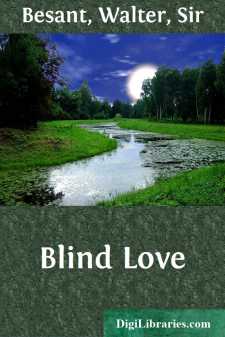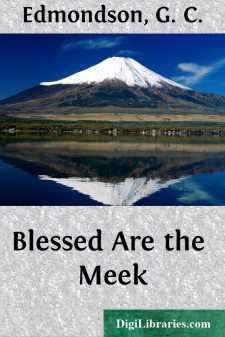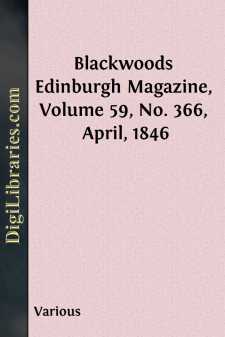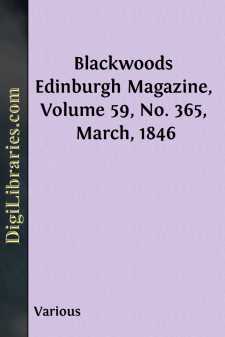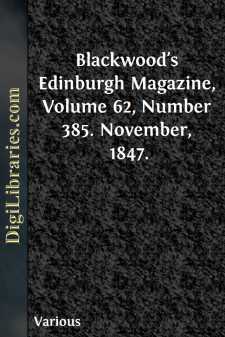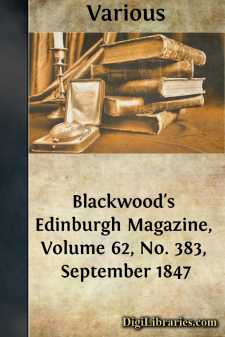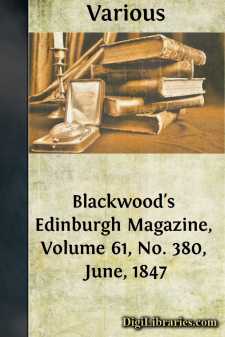Fiction
- Action & Adventure 182
- Biographical 15
- Christian 59
- Classics 6965
- Coming of Age 4
- Contemporary Women 1
- Erotica 9
- Espionage/Intrigue 12
- Fairy Tales, Folklore & Mythology 235
- Family Life 169
- Fantasy 117
- Gay 1
- General 596
- Ghost 32
- Historical 808
- Horror 42
- Humorous 160
- Jewish 25
- Legal 4
- Medical 22
- Mystery & Detective 314
- Political 49
- Psychological 41
- Religious 64
- Romance 158
- Sagas 11
- Science Fiction 730
- Sea Stories 113
- Short Stories (single author) 537
- Sports 10
- Suspense 1
- Technological 8
- Thrillers 2
- Urban Life 29
- Visionary & Metaphysical 1
- War & Military 173
- Westerns 199
Fiction Books
Sort by:
by:
Walter Besant
THE PROLOGUE I SOON after sunrise, on a cloudy morning in the year 1881, a special messenger disturbed the repose of Dennis Howmore, at his place of residence in the pleasant Irish town of Ardoon. Well acquainted apparently with the way upstairs, the man thumped on a bed-room door, and shouted his message through it: "The master wants you, and mind you don't keep him waiting." The person...
more...
by:
G. C. Edmondson
The strangers landed just before dawn, incinerating a good li of bottom land in the process. Their machines were already busily digging up the topsoil. The Old One watched, squinting into the morning sun. He sighed, hitched up his saffron robes and started walking down toward the strangers. Griffin turned, not trying to conceal his excitement. "You're the linguist, see what you can get out of...
more...
THE RIVERMAN I first met him one Fourth of July afternoon in the middle eighties. The sawdust streets and high board sidewalks of the lumber town were filled to the brim with people. The permanent population, dressed in the stiffness of its Sunday best, escorted gingham wives or sweethearts; a dozen outsiders like myself tried not to be too conspicuous in a city smartness; but the great multitude was...
more...
by:
Various
THE MARQUESS WELLESLEY. The revival of noble recollections, the record of great actions, and the history of memorable times, form one of the highest services which a writer can offer to his country. They mould the national Character, and upon the character depends the greatness of every nation. Why have the mighty kingdoms of the East perished without either general reverence or personal value, but...
more...
by:
Various
THE TWENTY-FOURTH BOOK OF HOMER'S ILIAD, Attempted in English Hexameters. [It may be thought idle or presumptuous to make a new attempt towards the naturalization among us of any measure based on the ancient hexameter. Even Mr Southey has not been in general successful in such efforts; yet no one can deny that here and there—as, for instance, at the opening of his Vision of Judgment, and in his...
more...
by:
Various
One of the most striking, and perhaps the most intellectual advances of the age, is in the progress of geographical discovery. It is honourable to England, that this new impulse to a knowledge of the globe began with her spirit of enterprise, and it is still more honourable to her that that spirit was originally prompted by benevolence. Cook, with whose voyages this era may be regarded as originating,...
more...
by:
Various
Part I."España de la guerraTremola la pendon." Cancion Patriotica. It wanted about an hour of sunset on the last day of September 1833, when two young men, whose respective ages did not much exceed twenty years, emerged from a country lane upon the high-road from Tarazona to Tudela, in that small district of Navarre which lies south of the river Ebro. The equipments of the travellers—for...
more...
by:
Various
CHAPTER I. "My dear Dunshunner," said my friend Robert M'Corkindale as he entered my apartments one fine morning in June last, "do you happen to have seen the share-list? Things are looking in Liverpool as black as thunder. The bullion is all going out of the country, and the banks are refusing to discount." Bob M'Corkindale might very safely have kept his information to...
more...
by:
Various
GROTE'S HISTORY OF GREECE. The appearance of a new history of Greece, of the pretensions, and the just pretensions, of this of Mr Grote, is an event in literature which must not pass by without some note or comment. Never were historical studies pursued with so much success, or in so philosophical a spirit, as in the present day, and that by the whole corps of European scholarship, whether German,...
more...
by:
Various
NORTH AMERICA, SIBERIA, AND RUSSIA. The circumnavigation of the world is now a matter of ordinary occurrence to our bold mariners: and after a few years it will be a sort of summer excursion to our steamers. We shall have the requisitions of the Travellers' Club more stringent as the sphere of action grows wider; and no man will be eligible who has not paid a visit to Pekin, or sunned himself in...
more...


